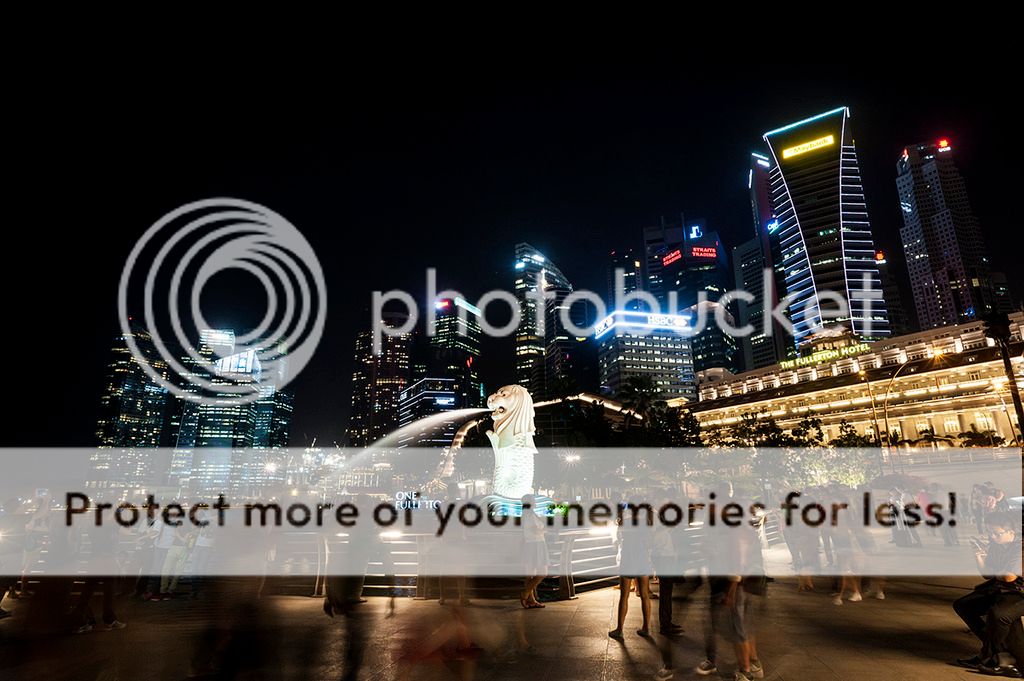I am talking about photography competitions. Actually I don't know about competitions in other countries, but here in Taiwan, I find it uncomfortably odd that pretty much all photography competitions prohibit any form of post processing except color correction and contrast/levels adjustment/crop. No stacking, no joining. This means that I cannot submit shots that are either panoramic or HDR, or even manually crafted HDR images. No focus stacks too, no stacked star trails. They also don't allow shots taken with fisheye lens. To me it seems that the rule makers are people who have deep roots in traditional photography and are afraid to accept the current world.
By not allowing stacking or joining, it's sort of saying that HDR and pano images aren't recognized for their value or credit. I don't mind them having a separate category for pano or HDRs, but excluding them completely just doesn't seem right.
Many of the most creative images I've seen break the technical limitations of traditional photography using a combination of unconventional techniques, and I think these are the kind of works that need to be celebrated more often.
Do competitions in your region impose similar rules or is it just here in Taiwan?
By not allowing stacking or joining, it's sort of saying that HDR and pano images aren't recognized for their value or credit. I don't mind them having a separate category for pano or HDRs, but excluding them completely just doesn't seem right.
Many of the most creative images I've seen break the technical limitations of traditional photography using a combination of unconventional techniques, and I think these are the kind of works that need to be celebrated more often.
Do competitions in your region impose similar rules or is it just here in Taiwan?









![[No title]](/data/xfmg/thumbnail/31/31096-b9b8d52b45753cd4f9251832149ef9da.jpg?1734159254)






![[No title]](/data/xfmg/thumbnail/40/40291-922170cc27b31d44c3f7f3db9ac1d006.jpg?1734174704)